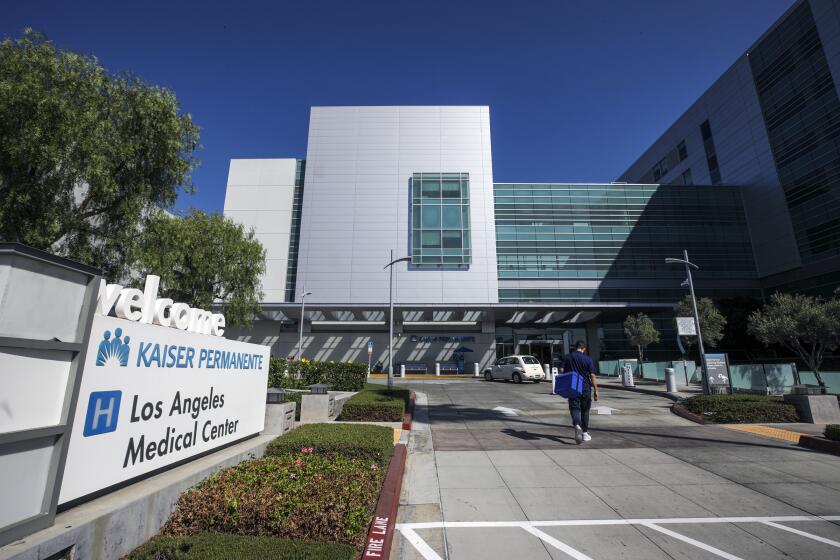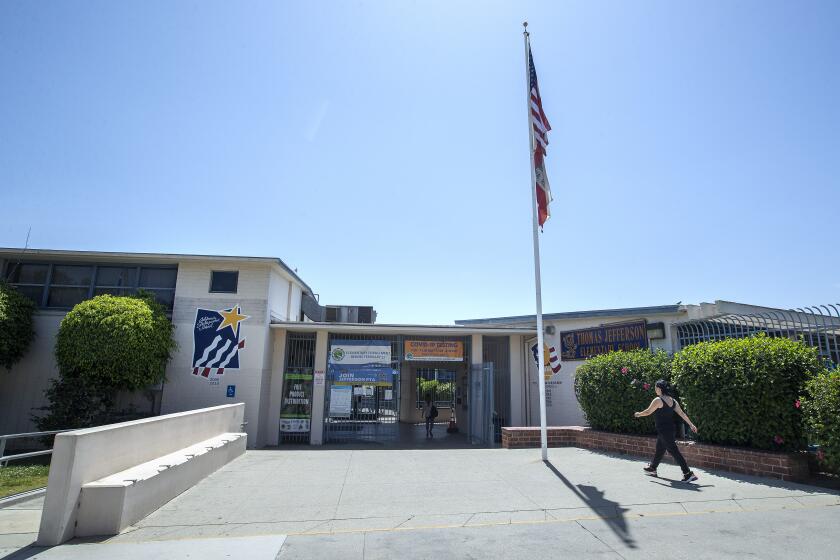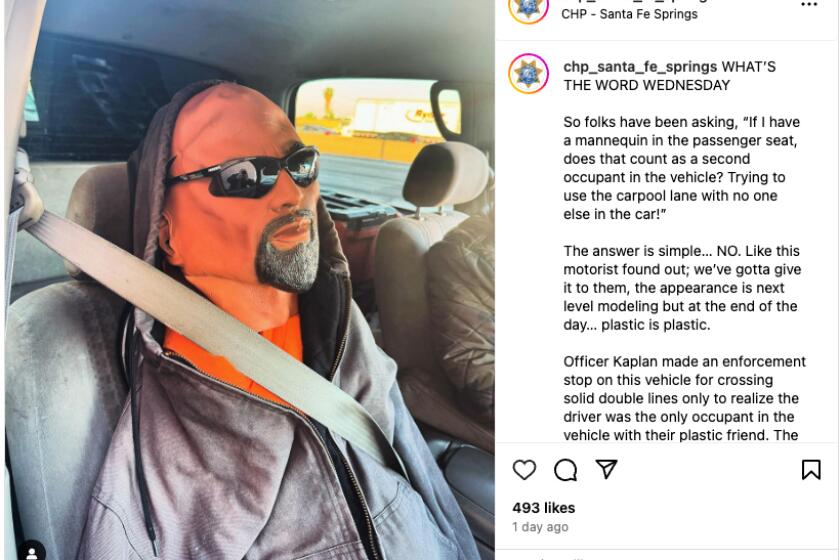Gayborhoods are getting destroyed, San Francisco LGBTQ+ rights activist says
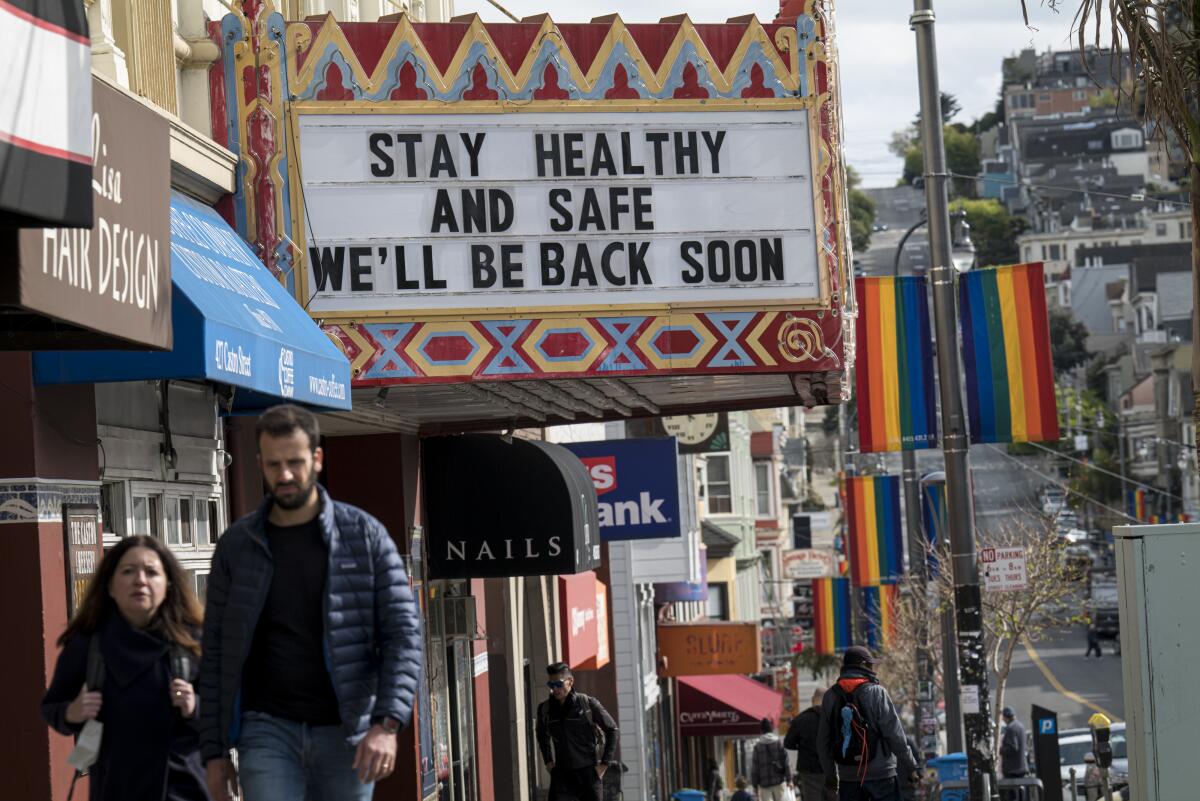
Good morning, and welcome to the Essential California newsletter. It’s Monday, April 25. I’m Justin Ray.
FYI: Here’s a recap of the lively conversation I had with Billy Porter— who starred in FX’s “Pose” and wrote a new memoir, “Unprotected”—at the L.A. Times Festival of Books.
At the end of this month, a San Francisco LGBTQ+ rights activist says he will move out of his apartment, ending a well-publicized feud with his landlord. He says the incident is an example of how members of his community find themselves pushed out of neighborhoods they have enriched.
The saga involving activist Cleve Jones’ flat in the Castro neighborhood has been covered by many outlets, most comprehensively by the San Francisco Chronicle.
Jones, who was behind the AIDS Memorial Quilt, told me his rent was increased from $2,393 to $5,200 — which is “pretty steep, even in San Francisco.” At first, he was set on remaining in his apartment. But his home no longer feels welcome, he told me.
Jones will move to a home in Guerneville, in Sonoma County, though he plans to maintain a presence in the community he’s been part of since the ’70s. But he’s worried about other residents who may also be forced to leave, and the bigger issue: the loss of so-called “gayborhoods.”
“So often this conversation ends up being kind of a silly conversation about straight bachelorettes invading gay bars. The reality is that what we often call gayborhoods are going away. It’s just indisputable,” Jones tells me. “When we lose the gayborhoods, we lose a lot more than a few taverns; we lose the political power that comes when we are concentrated in specific precincts and have the ability to elect our own [representatives] and defeat our enemies. We lose the cultural vitality that happens when our creatives or creative folks are inhabiting the same space.”
Jones says this displacement may be exacerbated by the pandemic. He also says the loss of these communities could be a disaster for people who desperately need resources.
“We will lose the ability to provide the specialized social services that are so critically important to the most vulnerable members of our community: our senior citizens, our youth, our transgender family members, our HIV survivors,” Jones says.
The loss of a gay haven in L.A.
We often think of gentrification as displacing communities of color. That is true. It is also true that it impacts the LGBTQ+ community. One of the most notable examples of this is what happened to New York City’s West Village. The New York Times described it as a “straightening.”
“The gays take a neighborhood, turn it cute, and then the straights come in,” says Scott Craig, who is one of the owners of L.A. gay bar Akbar, in the Silver Lake neighborhood. “This is generalizing, but I think there’s truth in that.”
Silver Lake was once was a major hub for the queer community. In fact, one of the first demonstrations in America protesting police brutality against LGBTQ+ people took place at Black Cat Tavern on Sunset Boulevard. But Craig, who has lived in the area for decades, says Silver Lake is no longer the gay hub it used to be.
“When I first moved here, it was inexpensive to live here,” Craig told me. “West of Hollywood was where the pretty boys were. Silver Lake was where the leather daddies were. In fact, Silver Lake had a punk-rock edge to it.”
It is perhaps this allure that led to the community’s downfall. Craig says that beginning in the ’90s, gay establishments were bought up and converted into “hipster” haunts. He says the AIDS crisis was also responsible for the decimation of the local queer community.
“Moving here in the early ’80s, I saw AIDS take its toll,” Craig says. “It certainly did in West Hollywood as well. But I think because Silver Lake had an older crowd, [it was worse]. I can name at least a dozen good friends I had in Silver Lake that died during that horrible plague.”
Speaking of West Hollywood, there have also been concerns about the shrinking presence of LGBTQ+ stores in the neighborhood. Activist Cleve Jones says all these developments are concerning because gayborhoods have a meaning that extends beyond their borders.
“If you are queer or trans, you have benefited from what was created in those neighborhoods, so people need to pay attention,” Jones says. “Even if you’ve never been there, you have benefited.”
And now, here’s what’s happening across California:
Note: Some of the sites we link to may limit the number of stories you can access without subscribing.
L.A. STORIES
He’s terminally single and getting old. What’s next for P-22, L.A.’s favorite wild bachelor? He’s spent a decade in the heart of Los Angeles, posing for dramatic photos near the Hollywood sign and sparking his fair share of media frenzies. Griffith Park’s mountain lion needed his own celebrity profile, so The Times’ Laura Nelson wrote it. Los Angeles Times
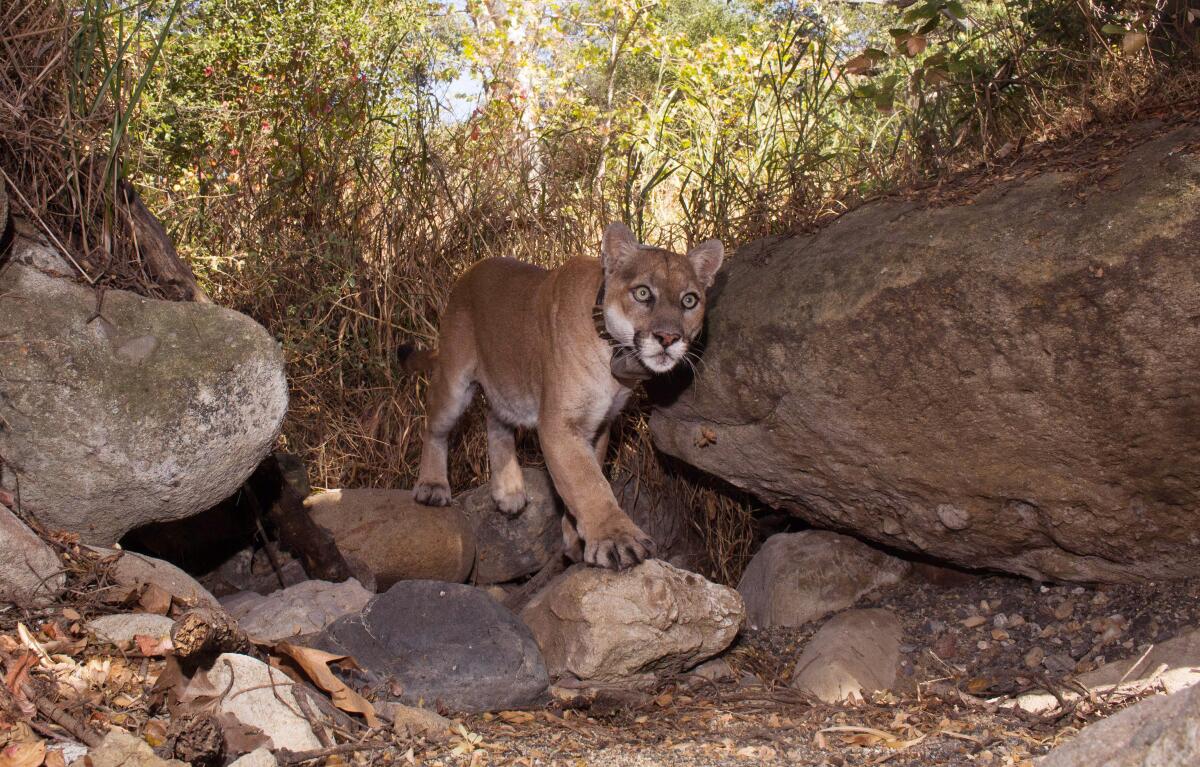
His Hollywood dreams lured him from China. He was killed during a USC student film shoot. “He is a type of guy that is humble and traditional,” said Oliver Li, a Chapman graduate student film editor and roommate of Peng Wang, who was killed April 15 in an off-road vehicle crash during a student film shoot. Los Angeles Times
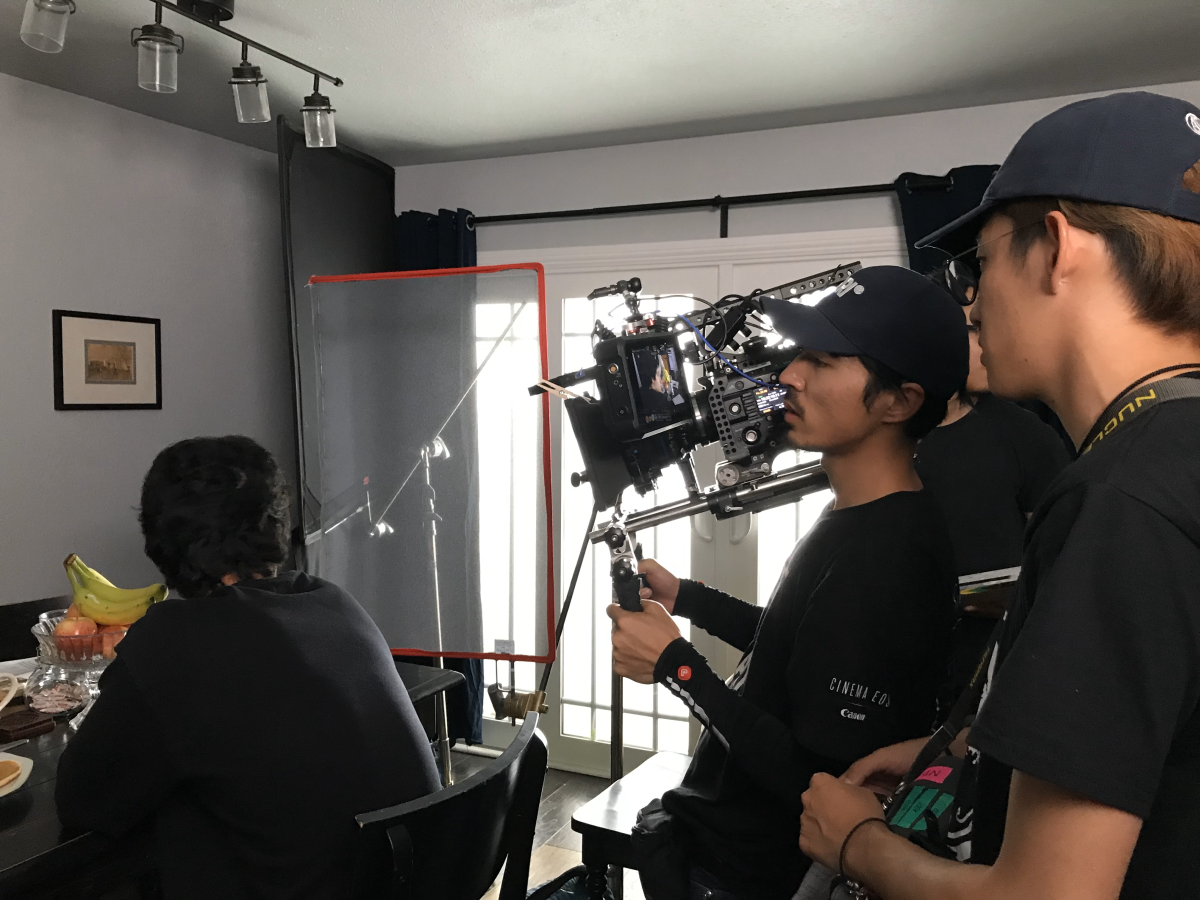
Beverly Hills is always watching, with thousands of cameras. And the city isn’t done. The number of surveillance cameras has doubled in recent years to roughly 2,000 across the city’s 5.7-square mile footprint, raising concerns among privacy rights advocates. Los Angeles Times
Our daily news podcast
If you’re a fan of this newsletter, you’ll love our daily podcast “The Times,” hosted every weekday by columnist Gustavo Arellano, along with reporters from across our newsroom. Go beyond the headlines. Download and listen on our App, subscribe on Apple Podcasts and follow on Spotify.
POLITICS AND GOVERNMENT
Column: SoFi Stadium’s art plan left Black artists in limbo. At the time of the Super Bowl, two major installations by a pair of prominent Black artists remained uninstalled. Now, a letter sent to the city of Inglewood lays out one artist’s frustrations with the stadium and the lack of clarity about the timeline and process. “Maren Hassinger feels that she has been used as a pawn in the developers and the City’s efforts to have this massive commercial complex gain acceptance from the neighborhood,” went a missive written by Susan Inglett, a New York-based art dealer who represents Hassinger. Los Angeles Times
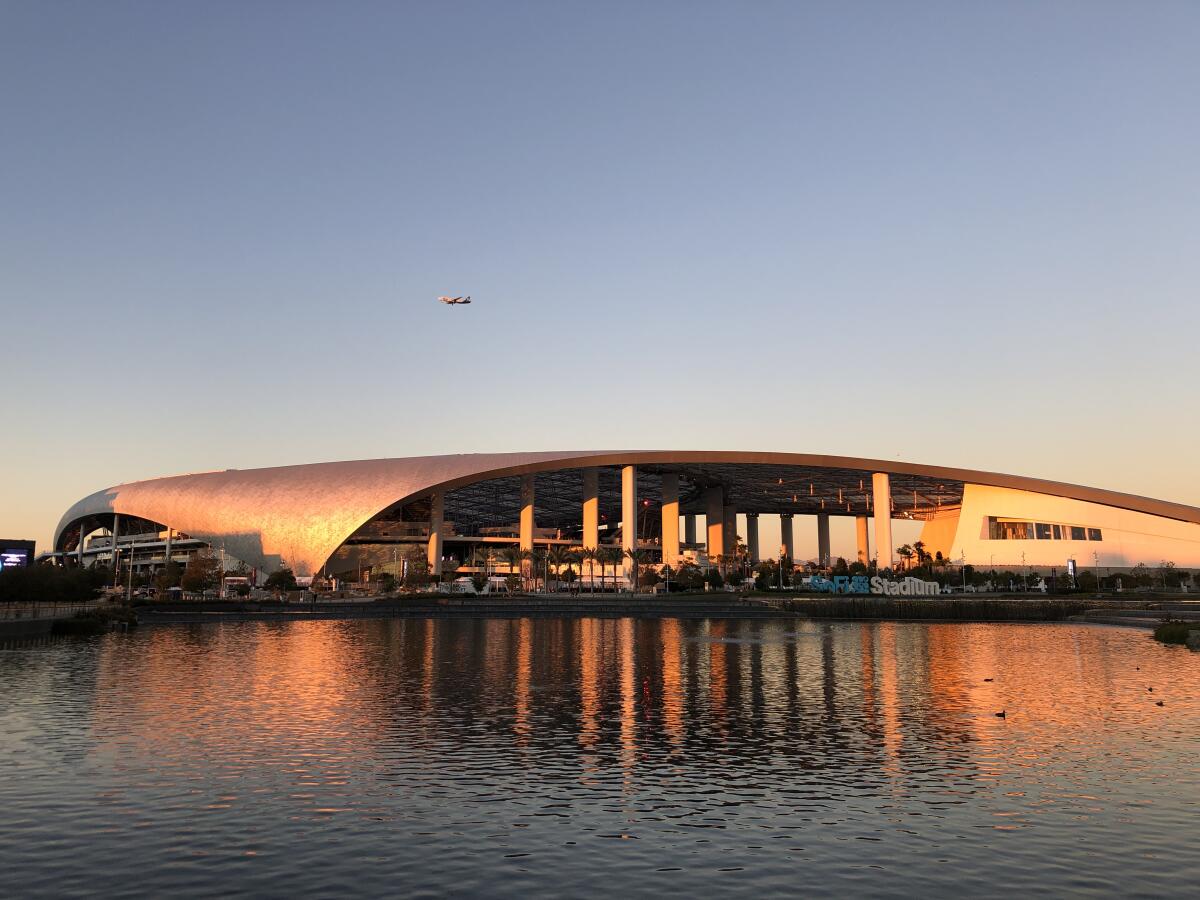
In a unanimous decision announced last week, the U.S. Supreme Court sided with the La Mesa heirs of a Jewish woman whose French Impressionist painting was looted by the Nazis during World War II and is hanging now in a Spanish museum. The ruling sends the 20-year legal dispute back to a lower court to decide ownership of the painting, Camille Pissarro’s “Rue Saint-Honore, Afternoon, Rain Effect.” The piece, painted in 1897, is estimated by some art experts to be worth at least $30 million. San Diego Union-Tribune
CRIME, COURTS AND POLICING
The Santa Ana Police Department is investigating officers’ attempt to stop a citizen from filming them by blasting copyrighted Disney music on a patrol car’s loudspeaker and waking up neighbors in the middle of the night. The music began blaring at 11 p.m. with the Randy Newman hit “You’ve Got a Friend in Me” from the “Toy Story” movies and immediately drew the ire of residents. Los Angeles Times
Officers in an exclusive Santa Ana Police Department unit who have faced complaints of alleged misconduct both off and on duty were not disciplined. “Five officers in the Major Enforcement Team (MET), which operates much like a police SWAT unit, were accused of verbally harassing two teenage girls and groping one of them,” writes Ben Camacho, citing police records and a source within the department. An SAPD spokesperson did not respond to a request for comment on the officers’ behavior. Knock.LA
Support our journalism
HEALTH AND THE ENVIRONMENT
California tries to address the crisis at nursing homes. Care facilities in the state are plagued with dangerous work conditions, low pay and staff turnover. These issues existed even before the pandemic. A new proposal “would create a standards board empowered to establish mandatory minimum wage and staffing levels, improve employee access to health care and sick leave, and enforce certain training requirements for nursing home workers,” writes Mark Kreidler. Capital and Main
Lethal drug cocktails and two women left for dead bring L.A. cops back to old rape cases. When men dropped the lifeless bodies of two women outside hospitals, police immediately suspected foul play. L.A. detectives figured out the men had been lying when they claimed to have found the women passed out on a curb. But since their arrests in December, the case has only grown more complicated. Los Angeles Times
CALIFORNIA CULTURE
Residents of a Sonoma County town repel homophobic protesters. LGBTQ+ friendly businesses in Guerneville have seen protesters lately. In response, a group is countering their hateful rhetoric with messages like “Hate is toxic” and “Jesus loves me and my boyfriend” painted on pizza boxes. They have given themselves an apt nickname: the “Pizza Box Brigade.” The Guardian
The other Coachella. My homie Fidel Martinez, who writes the newsletter “Latinx Files,” makes a great point in his latest edition: Coachella isn’t just a place for music festivals. It’s also an agricultural hub that feeds this country. Los Angeles Times
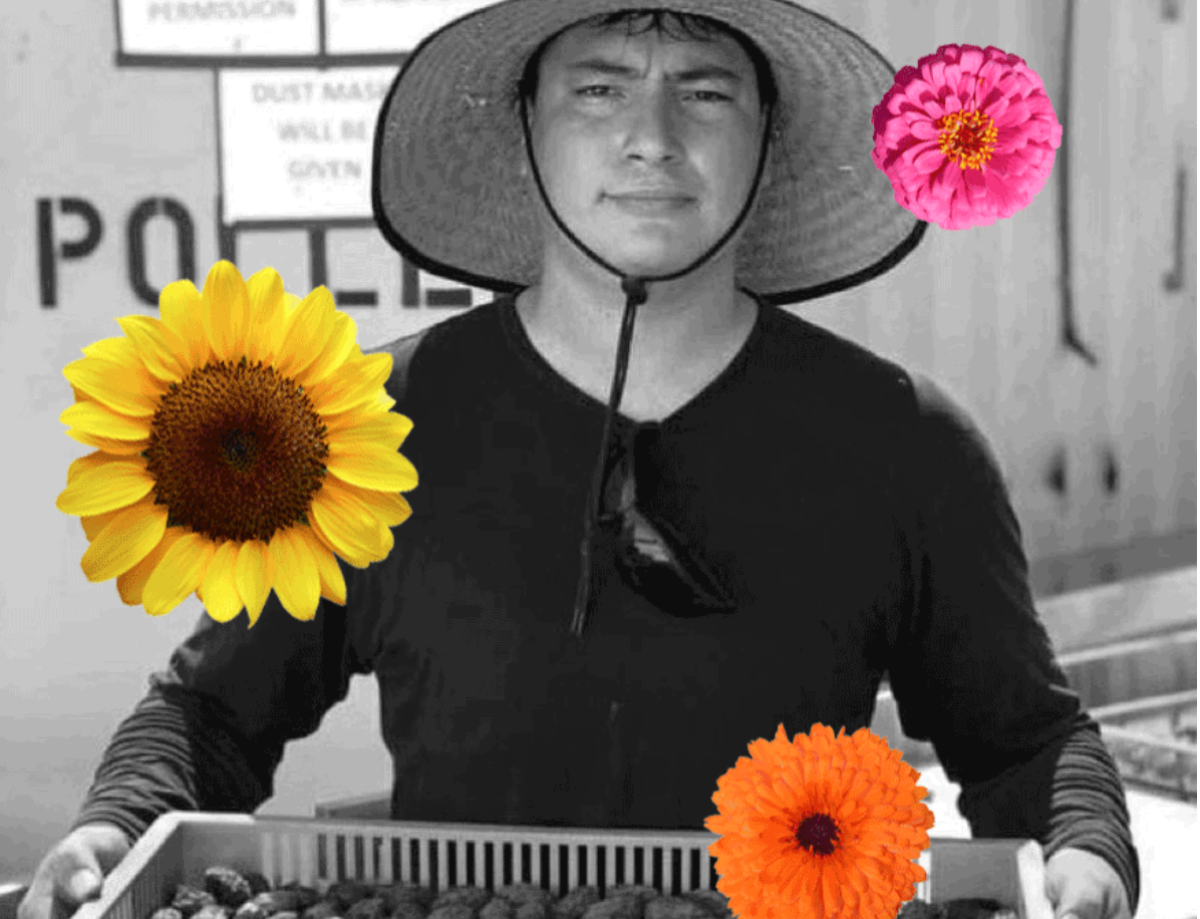
*On a side note, I once had a conversation with a bartender at a gay establishment. He told me that women tend to spend more than gay men at gay bars. They travel in big groups, order shots and choose more expensive drinks. The more you know!
Free online games
Get our free daily crossword puzzle, sudoku, word search and arcade games in our new game center at latimes.com/games.
CALIFORNIA ALMANAC
Los Angeles: Overcast, 87 San Diego: Sunny 78 San Francisco: Overcast 65 San Jose: Overcast 78 Fresno: Overcast 88 Sacramento: Overcast 83
AND FINALLY
Today’s California memory is from Diane M. Birnbaumer:
For a teenager in the 1970s, joy was cramming as many of my friends as possible into my bench-seated 1963 Chevy Belair and heading to Malibu. We’d put down the hand-cranked windows and let the salty air mess up our hair. Singing at the top of our lungs, we’d accompany the Beach Boys while driving Kanan-Dume Road to the ocean. There was always sand on the floor of that boat of a car, and every time I find sand in my Hyundai Santa Fe, I think of those glorious days of sun and sand and freedom.
If you have a memory or story about the Golden State, share it with us. (Please keep your story to 100 words.)
Please let us know what we can do to make this newsletter more useful to you. Send comments to essentialcalifornia@latimes.com.
Start your day right
Sign up for Essential California for news, features and recommendations from the L.A. Times and beyond in your inbox six days a week.
You may occasionally receive promotional content from the Los Angeles Times.


